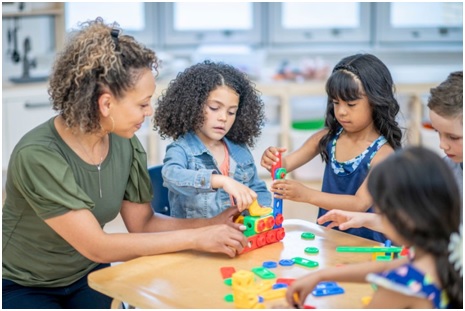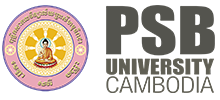Methods Used in Montessori To Clean-up
We all know that kids are unorganized and messy. They may be small in size but are capable of creating a big mess. Handling this mess is quite a challenge for maximum parents. However, did you know you can actually teach your little kids to pick up and put away their toys?
In a Montessori set up, children are taught about the importance of cleaning up just like playtime and lessons. With a little bit of guidance and with the help of the same framework at home, you can teach your kids to clean up after themselves.
If you a teacher and want to learn ways to handle a kid or teach them to clean, you can sign up for the Montessori Teacher Training Courses in Singapore and get yourself trained to handle Montessori kids.

Montessori is all about maintaining order. We believe that children have a sense of order. The Montessori classroom is also believed to have an orderly environment to conduct every activity properly. Montessori teachers motivate children to do an activity at a time and to clean up each activity after they have completed it.
Parents believe that the Montessori philosophy will teach the children to be clean and tidy! According to teachers with Montessori experience, it's easier for children to clean up the classroom. The Montessori school is designed to cater to the needs of children and leads naturally to order. There are clear rules and expectations and children always take the initiative to clean up after themselves in the classroom.
If you are someone who struggles after your kids to keep your home clean and clutter-free, here are a few Montessori tips that you can pass on to your kids to guide and help them during clean-up time.
- • Work on yourself: if you are untidy by nature, begin with you! Involve yourself in a decluttering session; try to find out the reason for not being orderly. Ask for help whenever you need it. Your children will be grateful o you!
- • On the other hand, if you are a very tidy person, keep your expectations low as keeping a speak and span house with children in it is not an easy job. Rethink your idea of a tidy home and work towards it accordingly.
- • Try to be a role-model and clean in front of your children. Even if there is a cleaner, try to take part in a cleaning activity with them and show them the path they can follow.
- • Involve your children in the cleaning tasks: children especially toddlers are very fond of cleaning! Hand over to them child-size tools and don't expect a great result. Give them the freedom to enjoy the process.
- • Keep fewer activities and toys. The fewer activities and toys, the less will be the mess and the easier it will be to clean. Toys sets like legos, blocks, train parts are difficult to clean up and children are discouraged and stop cleaning up after themselves if they find the task overwhelming.
- • Keep a space for everything. Make sure you are aware of the place for each toy/activity and their belonging. At the beginning of your Montessori journey, you might still move things around but try to limit big overhaul as it disturbs their sense of order and will prevent them to put back what they have used.
You must remember that things might not always go as planned, especially in the first few days, or even weeks. It is an on-going process, so begin with small steps, and give your child a little more responsibility as they begin to get used to the clean-up process.
So, if you are someone residing in Singapore and is interested to handle and deal with children, you can take up a Montessori teacher training Singapore course and start your career in Montessori!















